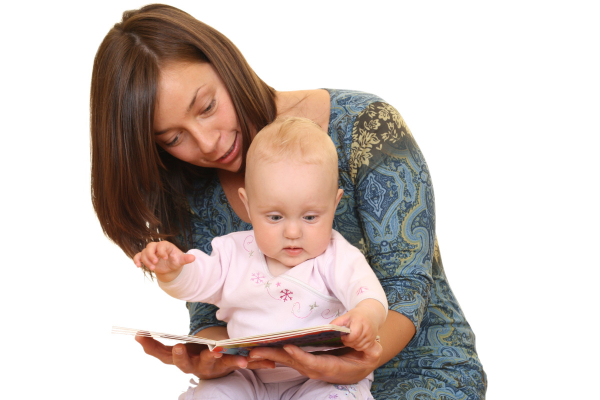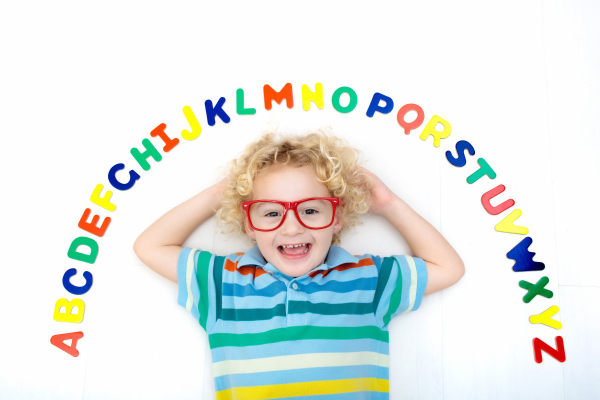Understanding the Perfect Start Age for Kids with Reading: A Family Tree of Learning
As a guide to understanding the process of starting your child on their learning journey, it’s vital to comprehend the perfect start age for kids to begin reading.
Every child is unique and those differences can significantly influence when they should start engaging with the written word.
Clearly, this isn’t a one-size-fits-all situation; it must be tailored to each child’s individual readiness and capacity.
The start of a child’s reading journey can be equated to a family tree.
Each new skill they learn branches out, leading to further growth and development.
However, it’s essential to keep in mind that this is a gradual process, and the decision on when to start learning should not be rushed. In other words, just as a tree would not bear fruit before it’s ready, so too, your child should not be pushed before they can handle the challenges of reading.
Many parents wrestle with the question, “What is the perfect start age for my child to start reading?”.
While some kids might start as early as their baby years, if their interest and curiosity are piqued, others might take a bit longer. Though it might be tempting to compare, avoid pitting their progress against that of their peers – what matters is that they start when they’re ready.
In some cases, kids start their reading journey before even starting school.
It all begins when they start recognizing letters, associating them with sounds, and putting those sounds together to form words. This is your sign that your kid’s reading skills are beginning to develop. That said, not every child will start reading at toddler age; this can happen at any age for kids. Each child will reach their reading age in their own time and at their own pace.
Remember, before kids can jump into reading, they need to master pre-reading skills.
This includes:
- learning the alphabet,
- understanding the sounds of each letter,
- and recognizing the way letters form words.
When children can identify letters and connect them with sounds, they’re showing you they’re ready to start reading.
Knowledge of kid’s learning is essential. As a parent, your role is to facilitate this learning process. Supplement your child’s learning with various materials that can stimulate their curiosity, and encourage them to explore and discover on their own.
Finally, remember that early reading for kids isn’t about creating prodigies. It’s about setting the foundation for lifelong learning, fostering a love for reading, and instilling a curiosity about the world.
By figuring out your child’s perfect start age and understanding their individual learning process, you are helping them build a robust family tree of knowledge and skills that will serve them for the rest of their lives.
The Importance of Early Start in Reading for Children: A Step towards Expanding Their Family Tree of Skills
It’s common knowledge that reading plays a crucial role in the development of a child. But do we realize the importance of an early start?
The significance of an early start in reading for children is often overlooked. However, instilling a love for reading in children from an early age is a step towards expanding their family tree of skills and fundamentally contributing to their growth and success.
Among children, those who start reading early often display enhanced language skills and a more developed vocabulary, surging ahead in their educational trajectory. Moreover, an early start in reading encourages a distinct intellectual curiosity in children, expanding their set of skills, and empowering them to explore diverse spheres of knowledge.
Nurturing this curiosity from an early age can lead to a stronger ability in subjects like science and mathematics, forming a robust family tree of skills that sets them apart from their peers.
The benefits of early reading go beyond just academic skills.
Children who start reading early garner emotional and social skills that hold them in good stead throughout their life. As they engage with diverse characters and settings, they learn to understand and process a range of emotions, leading to greater empathy and social comprehension.
It’s not an exaggeration to say that the more children read, the more their skills expand, and the stronger their family tree of skills becomes.
However, as beneficial as early start reading is, it isn’t a journey that children should embark on alone.
It’s a step towards expanding their understanding of the world, and as such, it requires guidance and support. This is where the family comes into play.
A family’s role in fostering a love for reading is instrumental. Not only does family reading time enforce the importance of reading, but it also helps children associate reading with positive familial experiences, strengthening their desire to read and enhancing their skills.
Make no mistake, early start reading is not a sprint; it’s a marathon.
The goal is to foster a lifelong love for reading that will progressively add to your children’s skills, expanding their horizons, and strengthening their family tree of skills. But one thing is certain: embracing the importance of the early start in reading sets children on the path to success.
So, when should your child start reading?
There’s no definitive answer, as it greatly depends on the individual developmental pace of each child. Some children may be ready to start reading at as early an age as two or three, while others might take a little longer.
However, ensuring an early start in reading and aiding your child in their journey, you’re taking a pivotal step towards expanding their family tree of skills.
Kids at the Start Line: The Role of Reading in Developing Children’s Fundamental Skills
When it comes to kids, one question that often arises is, “when should they start reading?” The truth is, the role of reading in developing children’s fundamental skills cannot be overstated. Reading is the start line for kids that sets their educational journey in motion.
Kids, like athletes, must start the race prepared, and in this case, equipped with the right skills.
Picture a start line for kids, where reading is the gun that signals the start of the race – this is the crucial role reading plays. It trains kids’ skills for deciphering, understanding, and engaging with various forms of information and expression.
The power of reading for kids shouldn’t be underestimated as it lays the foundation for their cognitive skills and linguistic abilities.
From an early age, kids’ fundamental skills are shaped and molded. When children start reading, they begin to develop vocabulary, comprehension, critical thinking, and even emotional intelligence. They start to connect with stories, empathize with characters, and begin to understand complex human emotions.
Starting children on their reading journey is not just about literacy; it’s about fostering creativity, curiosity, and a lifelong love for learning!
It’s important to remember that every child is different and that there’s no perfect age to start reading. What matters is giving kids the right start – a start that boosts their love for reading and learning in general.
Developing kids’ skills through reading is about consistency and engagement. It’s not enough to introduce reading to them and leave it at that.
Parents need to consistently read to their children, engage them in discussions about the book, and get them excited about stories. Kids’ start with reading needs to be positive, engaging, and fun!
Reading is undeniably a key component in kids’ lives, and starting early has shown to have immense benefits. In numerous studies, early readers have shown to have superior linguistic skills, a richer vocabulary, and better understanding of grammar compared to their peers who started reading later.
But remember, it’s not just about when kids start reading, but how they’re introduced to it. It’s about the environment created around reading, the energy put into it, and the love for reading that’s instilled.
All these play a significant role in developing children’s skills, making reading not just a pastime, but a gateway to knowledge and understanding.
When it comes to kids’ reading and the development of their skills, the earlier children start, the more they benefit.
Reading for kids is more than just learning to string together letters and words, it sparks imagination, instills curiosity, and opens up an entirely new world of possibilities, setting them off at the start line on their journey to gaining priceless fundamental skills.
Using Books as a Medium of Early Learning for Babies: Weaving New Branches in the Family Tree of Education
It’s never too early to start introducing books, books, or even more books to your babies.
You might wonder, “When should your child start reading?”. However, it’s not about them reading. It’s about using books as a medium of learning, particularly early learning for babies. By doing this, you’re not just teaching them about literacy. You’re weaving new branches in their family tree of education from the get-go.
A baby’s brain develops at an astonishingly rapid pace in their early years. Every new experience, every word they learn, every behavior they adopt, is an investment into their future.
So why not take the golden opportunity to introduce early learning through books?
Have you ever bought puzzle books for your toddler? Not only do they keep your little one engaged, but they also help in brain development and concentration. Those are just a few benefits of using books as a medium for early learning for babies.
Books for babies don’t have to involve complex narratives or intricate details.
Instead, use ones that are rich in illustrations and simple yet meaningful words. These are appealing to their senses and make learning a more exciting process.
Picture books can be a magical gateway to distant lands, which can stimulate their imagination.
As they grow older, gradually introduce books that involve numbers and alphabets. Books can thus act as a valuable stepping stone in the early stages of a child’s learning journey, forming new branches in their family tree of education.
Let’s not underestimate the power of storytelling and reading aloud. Reading sessions should become a routine, a cherished part of your family time. It’s a wholesome activity that reinforces the bond between you and your child while adding to their understanding of language, emotions, and the world around them.
We all wish to instill the best skills and knowledge in our children.
Reading, which is a fundamental life skill, is essential for their overall growth and personality development. That’s how you should consider these early stages of introducing books. You’re weaving new branches in their family tree of skills and preparing them for a life packed with experiences.
Using books as a medium of learning for babies is just like nurturing a sapling that’ll soon grow into a lush, green tree.
Remember every book you read to your child opens up a new world, creating a strong foundation for their future learning. So, having discussed the importance of early start in reading and it’s role in developing children’s fundamental skills, let’s consider books as an essential tool in shaping our children’s educational roots.
Your little act of reading a book today is a significant step towards expanding their family tree of skills, and who knows, they may end up loving books and reading as much as you do!
Why Should We Encourage Kids to Read Early?: The Benefits Reading Provides in Children’s Learning Progression
Understanding when your child should start reading is essential, as it’s a big step towards their future development.
It is crucial that we encourage kids to start reading as early as possible.
Reading is not just about being able to recognize and identify words, but it’s much more than that.
When we start our kids on this journey early, it has a profound effect on their learning progression. Because it’s not just about them being able to read, it goes as far as:
- shaping their cognitive skills
- enhancing their creativity
- improving their language skills
And many more benefits that contribute to their overall learning improvement.
The question ‘why should we encourage kids to read?’ is therefore of great importance.
Once kids start reading early, they are exposed to a vast array of knowledge. They get to explore new worlds, understand various perspectives, and this gives them a headstart in knowledge. It enhances their curiosity, expands their thinking horizon, stirs their imaginations, and these qualities are instrumental in their lifelong learning journey.
Thus, encouraging kids to read early is not an option, but it is a must-do for their overall development.
When children start to read, they also start to comprehend. Reading enhances their thought processing and cognitive skills. This comprehension ability is of the utmost importance as it leads to children’s improved logical thinking, critical analysis, and problem-solving skills.
These skills are not only useful for their educational journey but for their life journey as well. It enables them to understand not just what’s written or taught, but they can also decipher implied meaning, analyse situations, and make the right decisions.
This progression in children’s learning via reading thus solidifies the importance of an early start.
The benefits of reading are aplenty, yet if we want to highlight the most important ones, we’d talk about the:
- enhanced vocabulary,
- improved focus and concentration,
- enhanced imagination power,
- enriched language skills,
- and improved writing skills that reading provides
These benefits are substantial in shaping children’s overall academic performance as well as their creativity.
Finally it’s worth highlighting the role of reading benefits in children’s emotional development.
Reading stories make them understand different emotions, empathize with characters, and this insight broadens their emotional quotient.
They are better able to understand their feelings, express them, and that impacts their overall mood and behavior positively.
Therefore, we can’t emphasize enough how vital it is to encourage kids to read early, and the array of holistic benefits it provides. It truly is a stepping stone towards their successful learning progression.
Reading is building a strong foundation for a resilient family tree of learning and surely, nothing but an early start can cement that.
For further guidance, you can check out Children Learning Reading. Replacing the traditional methods of teaching, this eBook adopts newer, scientific and innovative techniques to make lessons even more exciting and accessible for your child.
Click Here Now to See How Your Child Can Start Benefiting from Children Learning Reading Immediately
Your child’s first introduction to letters signifies a happy beginning and not a frustrating ordeal.
Happy teaching!
Recommended For You:
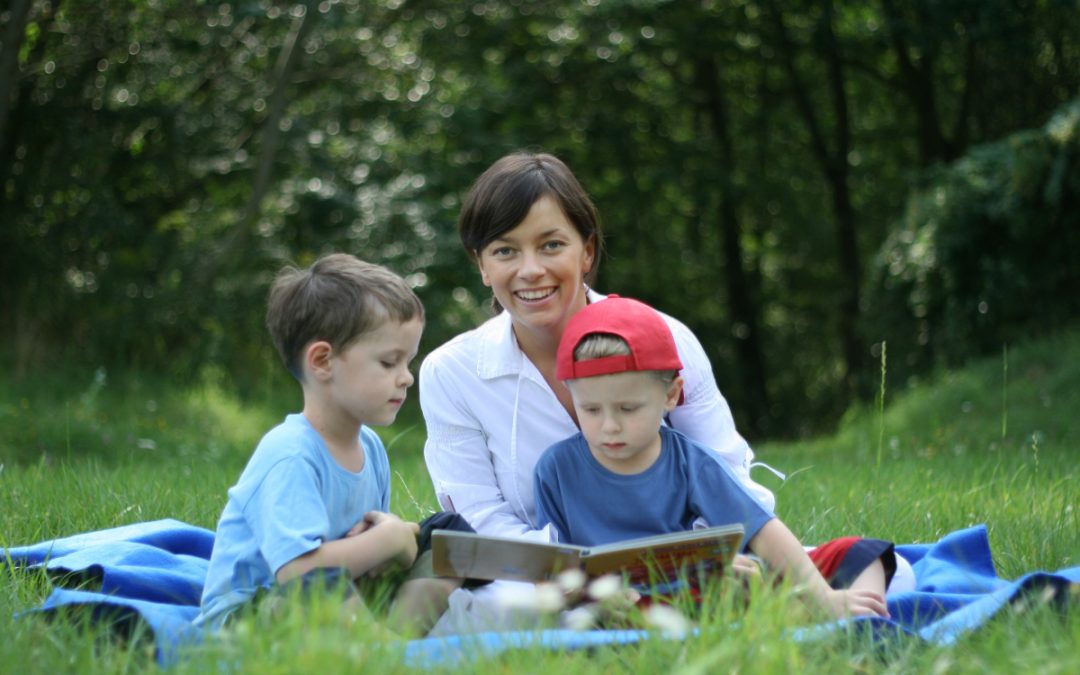
How I Taught My Kids to Read: Susan’s Story
Nobody wants to hear that their child is struggling to keep up with their classmates. I mean, we all have big dreams for our kids, and we're confident they will excel in school. However, this wasn't the case for me. So you can imagine my pain when my son's teacher...
Related Articles:

Can Struggling Readers Catch Up? Insights on How Struggling Readers Can Catch Up
Can Struggling Readers Catch Up? Insights on How Struggling Readers Can Catch UpToday we’re tackling the crucial question: Can struggling readers catch up? In this article, we offer a deeper understanding of effective strategies and supportive practices designed to...

When Should I Be Concerned About My Child’s Reading? When to Worry If Your Child Can’t Read
When Should I Be Concerned About My Child's Reading? When to Worry If Your Child Can't ReadReading development varies widely among children, making it sometimes challenging for parents to know when to be concerned about their child's progress. This blog post explores...
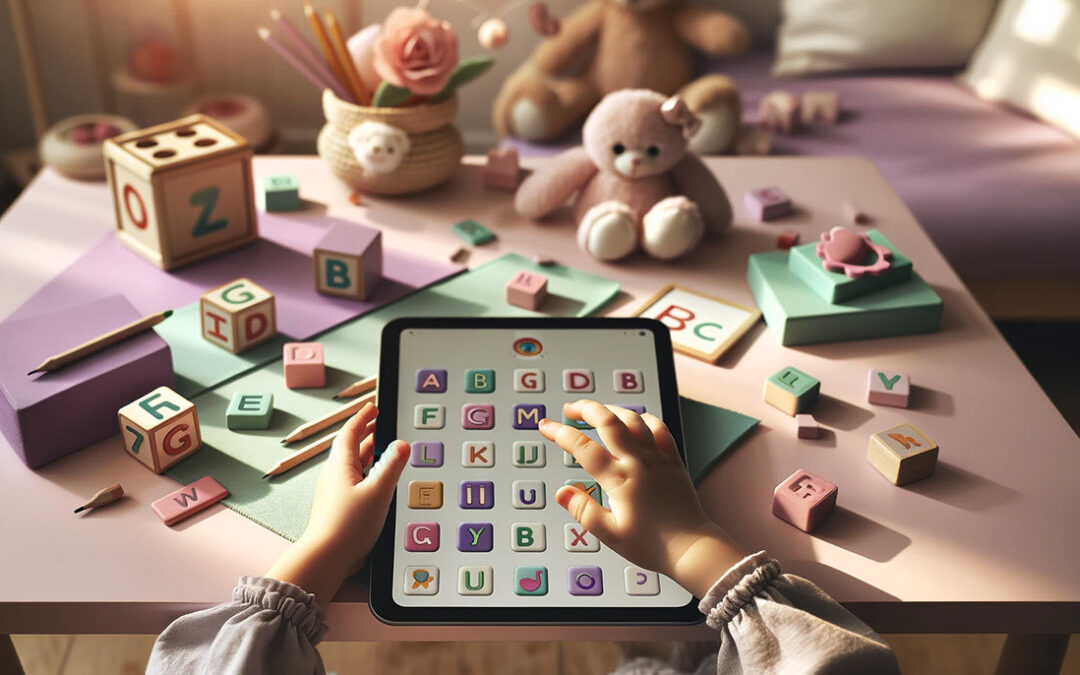
Fun Unleashed: ABC Recognition Games That Kids Love
Fun Unleashed: ABC Recognition Games That Kids LoveUnderstanding the monumental role early literacy plays in a child's educational journey, the foundation of reading skills begins with mastering the ABCs. ABC Recognition Games not only pave the way for this...
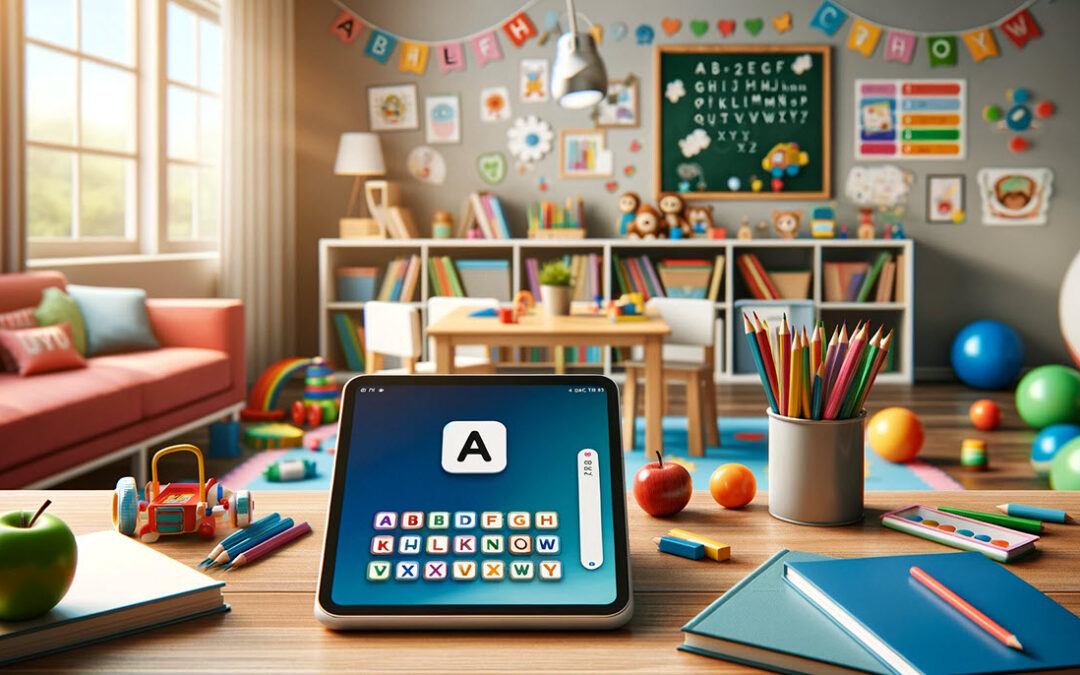
Unlocking ABCs: The 5 Best Apps for Learning the Alphabet
Unlocking ABCs: The 5 Best Apps for Learning the AlphabetIn today's fast-paced digital world, the quest to find the best app for learning the alphabet for our little ones can feel overwhelming. With a myriad of options at our fingertips, how do we, as parents, make...
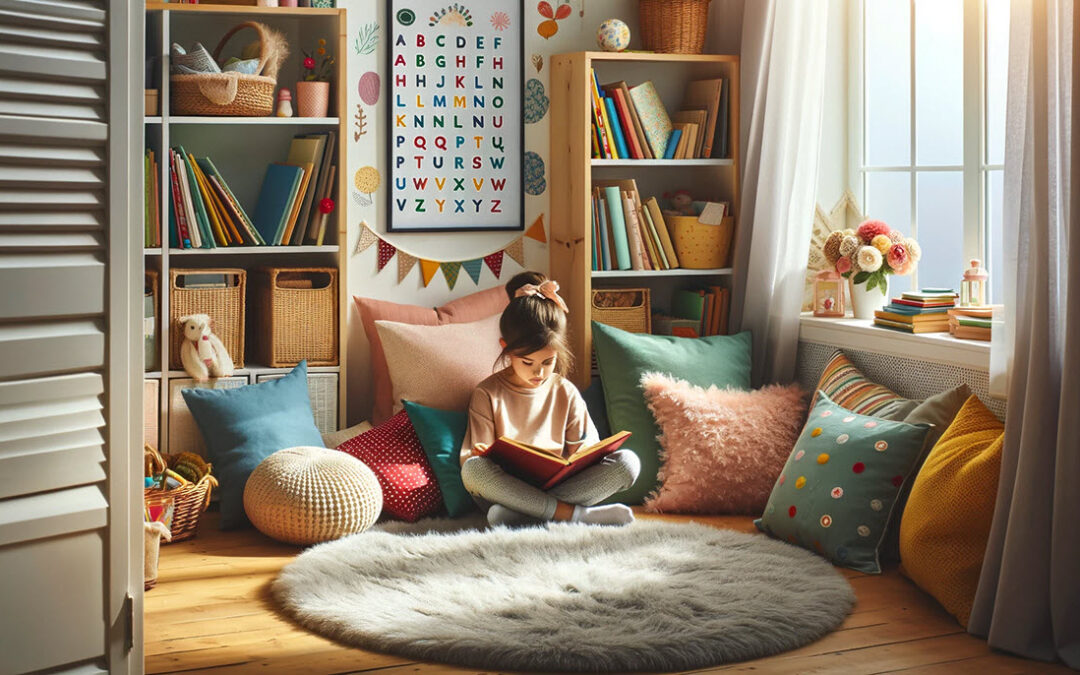
How to Help Students with Reading Comprehension: A Parent’s Guide to Success
How to Help Students with Reading Comprehension: A Parent's Guide to SuccessAs a guiding light for parents navigating the intricate path of enhancing their child's reading comprehension, understanding how to help students with reading comprehension is pivotal. This...
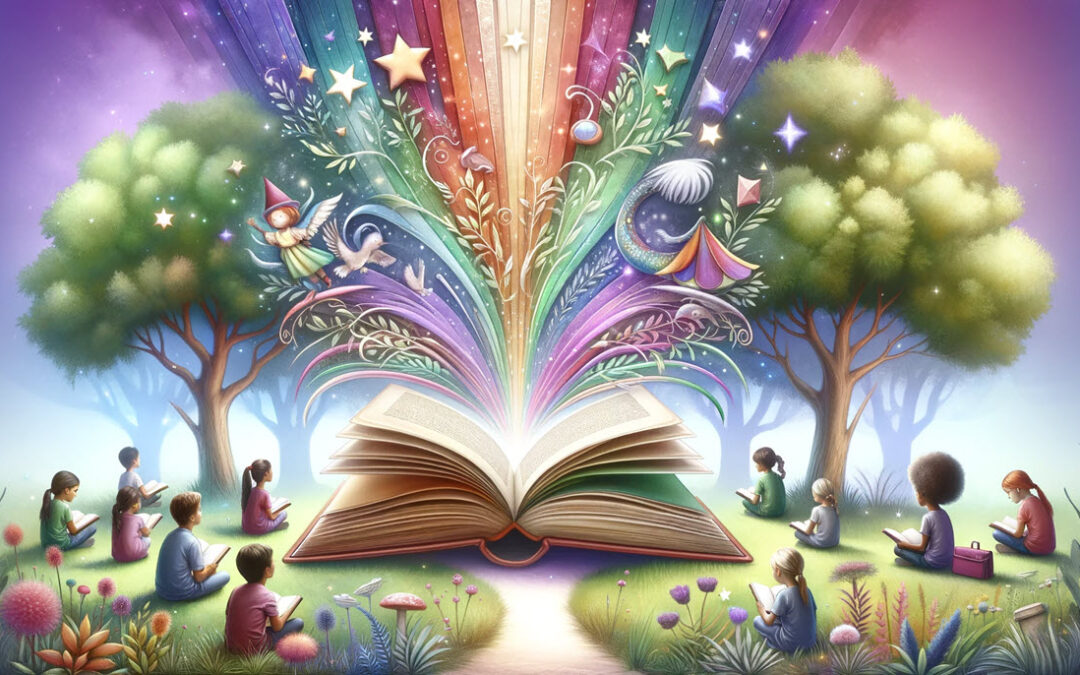
What is Skilled Reading: A Comprehensive Guide for Parents
What is Skilled Reading: A Comprehensive Guide for ParentsImagine a world where every child reads not just with ease, but with an understanding deep enough to traverse the realms of imagination and reality. This is the promise of skilled reading, a pivotal element in...
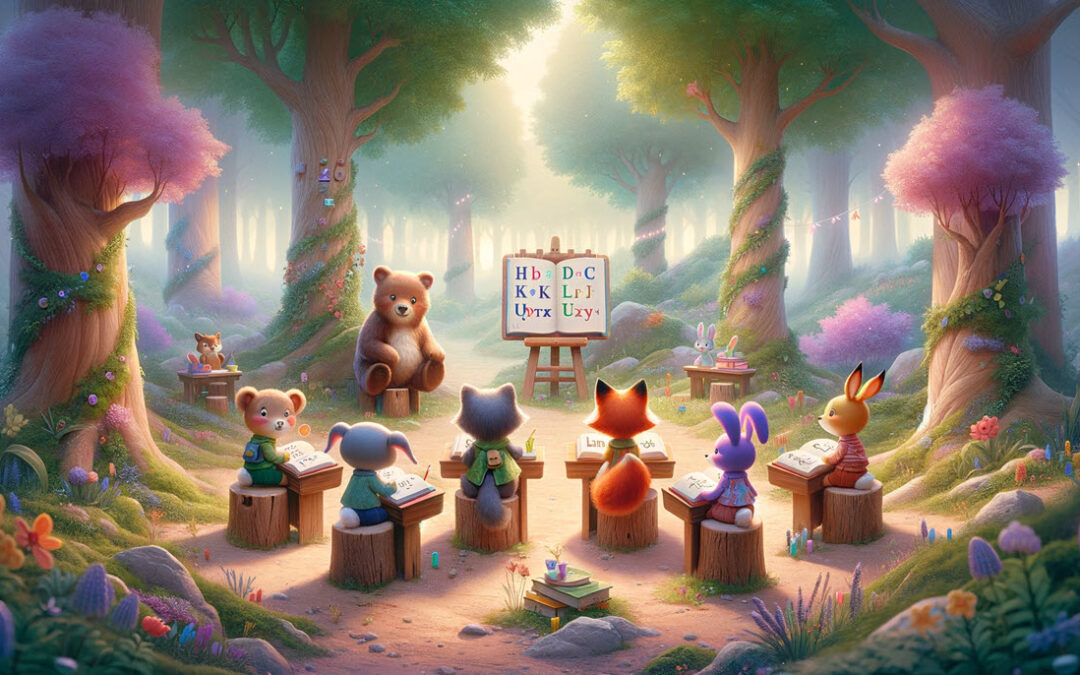
How to Learn the Phonetic Alphabet
How to Learn the Phonetic AlphabetAs parents, we all dream of the moment our child reads their first word. This journey begins with the foundational skill of understanding the phonetic alphabet, a crucial stepping stone in early reading development. The phonetic...
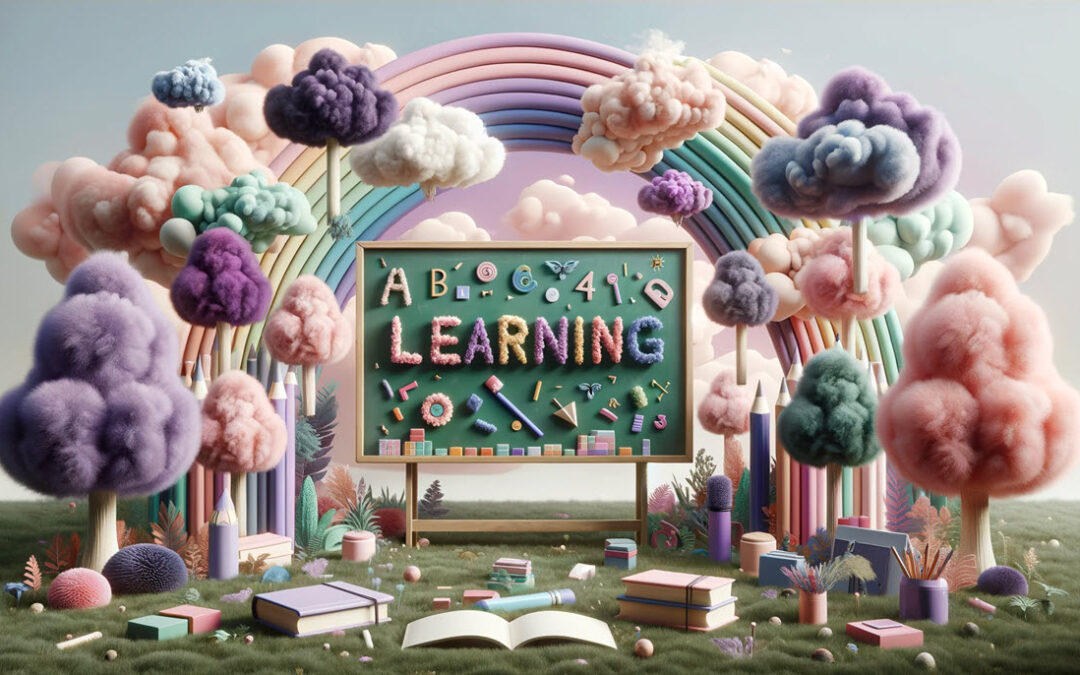
Learning the Alphabet and Sounds: A Comprehensive Guide to Early Literacy Skills
Learning the Alphabet and Sounds: A Comprehensive Guide to Early Literacy SkillsDiving into the world of letters and sounds can be an enchanting journey for little ones. Mastering the alphabet and its myriad of sounds is not just about rote learning; it's about...
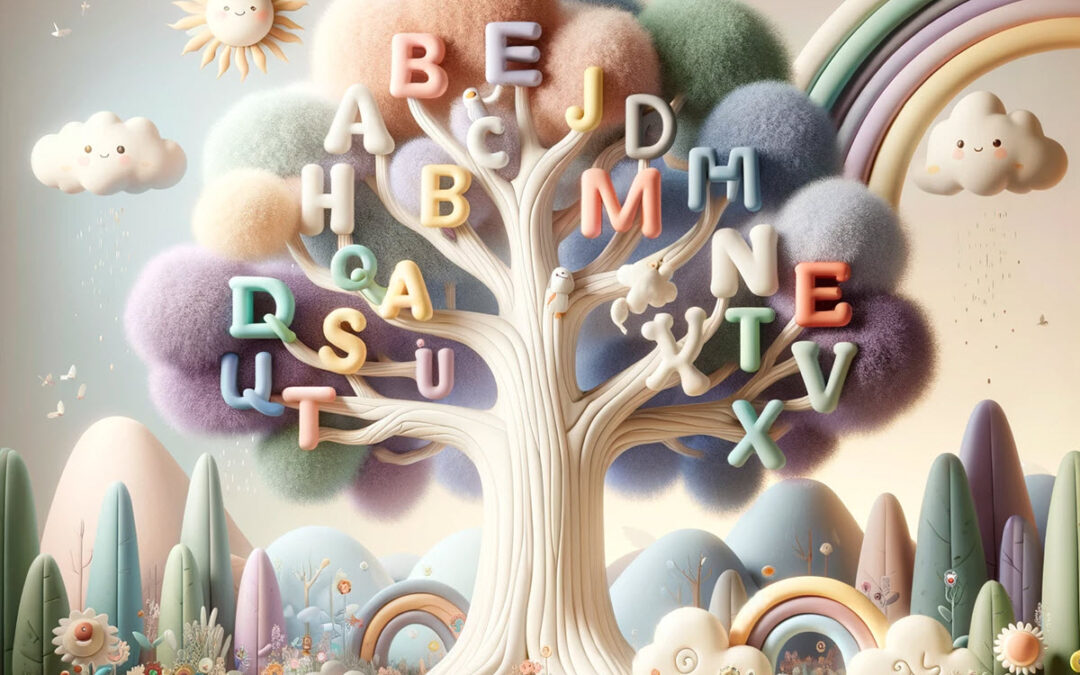
The Importance of Learning the Alphabet: Laying the Foundation for Reading Success
The Importance of Learning the Alphabet: Laying the Foundation for Reading SuccessWhen we think about the foundational elements of literacy and education, few things are as fundamental and powerful as learning the alphabet. For many children, the journey into the...
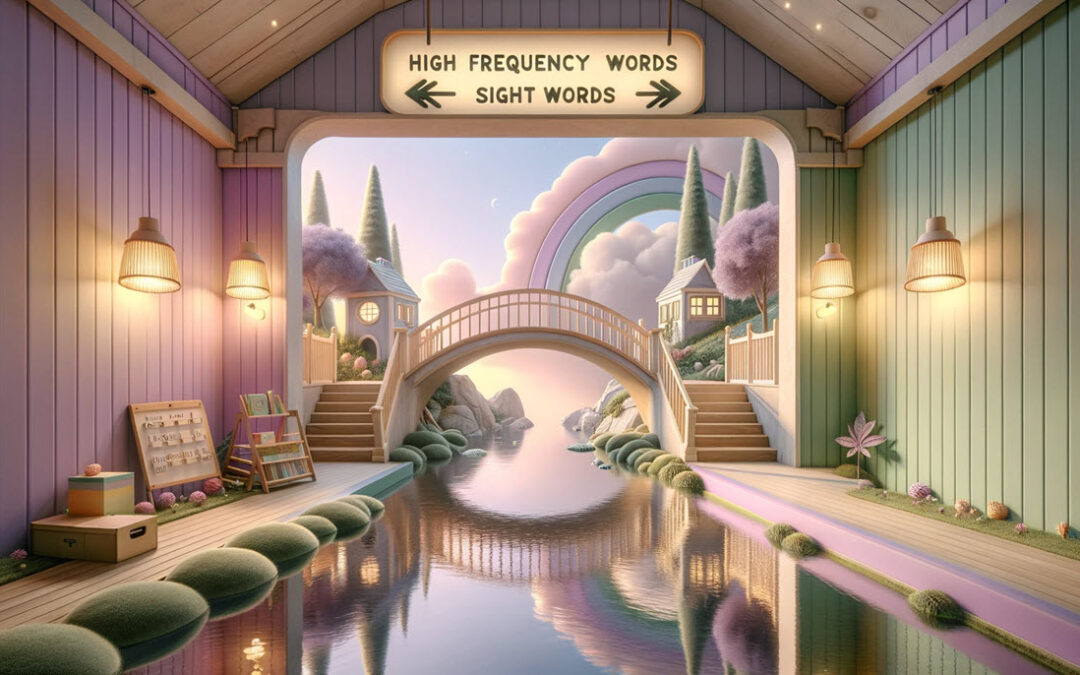
High Frequency Words vs Sight Words in Early Reading: Unlocking the Puzzle
High Frequency Words vs Sight Words in Early Reading: Unlocking the PuzzleAh, the tender journey of watching your little one morph from babbling toddler to a curious preschooler, keen on exploring the world of letters and words. It's a captivating transition, dotted...

Natalie is a full-time blogger and former elementary school teacher who specializes in helping parents teach their kids to read. With a qualification in Early Childhood Education, over 7 years of experience in education, and a passion for literacy, Natalie provides practical tips, activities, and resources for parents looking to support their child’s learning-to-read journey. She is the proud mom of two young readers and loves sharing her knowledge and experience with other parents. Natalie enjoys spending time with her family, reading, and exploring the great outdoors when she’s not blogging.


